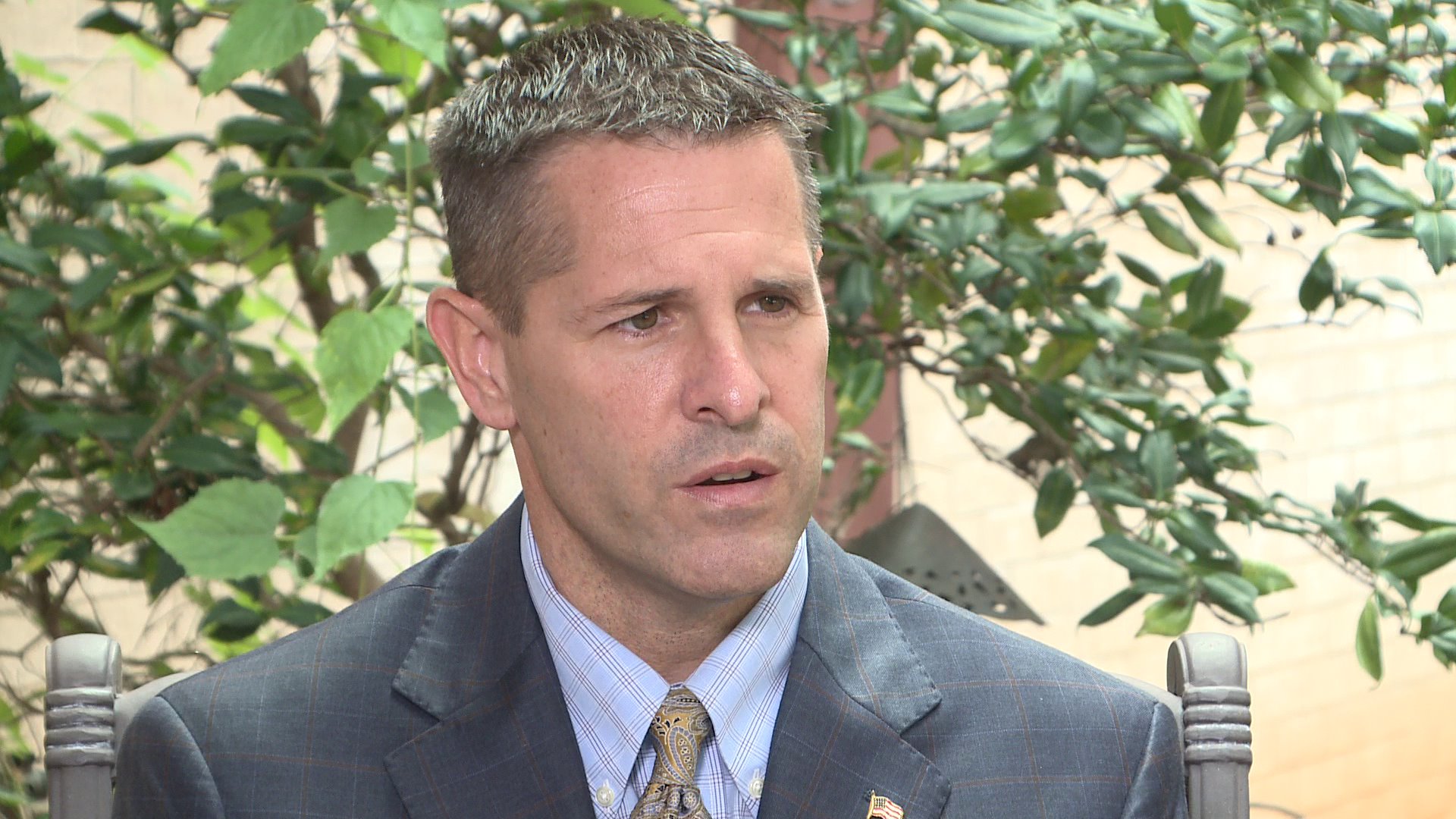U.S. Attorney Jay E. Town will serve as a Co-Chair of the Criminal Justice System Personnel Intersection Working Group on the Presidential Commission on Law Enforcement and the Administration of Justice. The working group will examine how police, judges, prosecutors, defense attorneys, and correctional authorities intersect so that the system of criminal justice can enhance its ability to prevent and control crime and serve the victims of crime.
“I am humbled and honored to serve as working group Co-Chair on the Presidential Commission on Law Enforcement and the Administration of Justice,” Town said. “The Criminal Justice System Personnel Intersection Working Group will address a multitude of issues seeking to broaden the relationships between every layer of law enforcement, improve relations between the community and the justice system, and find innovative ways to reduce crime as a result. I look forward to joining my colleagues in this incredibly important and collective effort to help this Administration identify effective and systemic criminal justice reforms that will reduce and prevent crime in America.”
On October 28, 2019, President Donald J. Trump signed Executive Order No. 13896, authorizing and designating the Attorney General to create such a Commission that would explore modern issues affecting law enforcement that most impact the ability of American policing to reduce crime. Attorney General William P. Barr announced the establishment of the Commission on January 22, 2020.
The Executive Order instructs the Commission to conduct its study by focusing on the law enforcement officers who are tasked with reducing crime on a daily basis. It also directs the Commission to research “important current issues facing law enforcement and the criminal justice system,” and recommends a variety of subjects for study, such as, but not limited to:
- The challenges to law enforcement associated with mental illness, homelessness, substance abuse, and other social factors that influence crime and strain criminal justice resources;
- The recruitment, hiring, training, and retention of law enforcement officers, including in rural and tribal communities;
- Refusals by State and local prosecutors to enforce laws or prosecute categories of crimes;
- The need to promote public confidence and respect for the law and law enforcement officers; and
- The effects of technological innovations on law enforcement and the criminal justice system, including the challenges and opportunities presented by such innovations.
In studying these issues, the Commission will be assisted by “working groups.” These working groups will consist of subject matter experts across the federal and state government and have a particularized focus on distinct issues the Commission will review (e.g. “Technology”). They will assist and facilitate the Commission’s study of these issues, and provide advice and counsel on their specific subject. The working groups, which will include our federal partners from the Departments of Homeland Security, Health and Human Services, Interior, Agriculture, Housing and Urban Development, and other federal agencies, will provide much needed expertise and insight on the important issues affecting law enforcement. This Commission requires a team effort. Such a rich variety of federal and state government participation is essential to the work at hand. Once the Commission completes its study, it will recommend the best measures to empower American law enforcement to combat the criminal threats of our time, and to restore the utmost public confidence in our law enforcement to protect and serve.
In forming the Commission, the Department of Justice has marshaled together the expertise and experiences of all sectors of the law enforcement community—urban police departments, county sheriffs, state attorneys general and prosecutors, elected officials, United States Attorneys, and federal law enforcement agencies. They come from distinct states, cities, counties, and towns across the country but share a common mission of safeguarding their respective communities from a variety of threats.
The year 2020 marks the 150th anniversary of the Department of Justice. Learn more about the history of our agency at www.Justice.gov/Celebrating150Years



















































